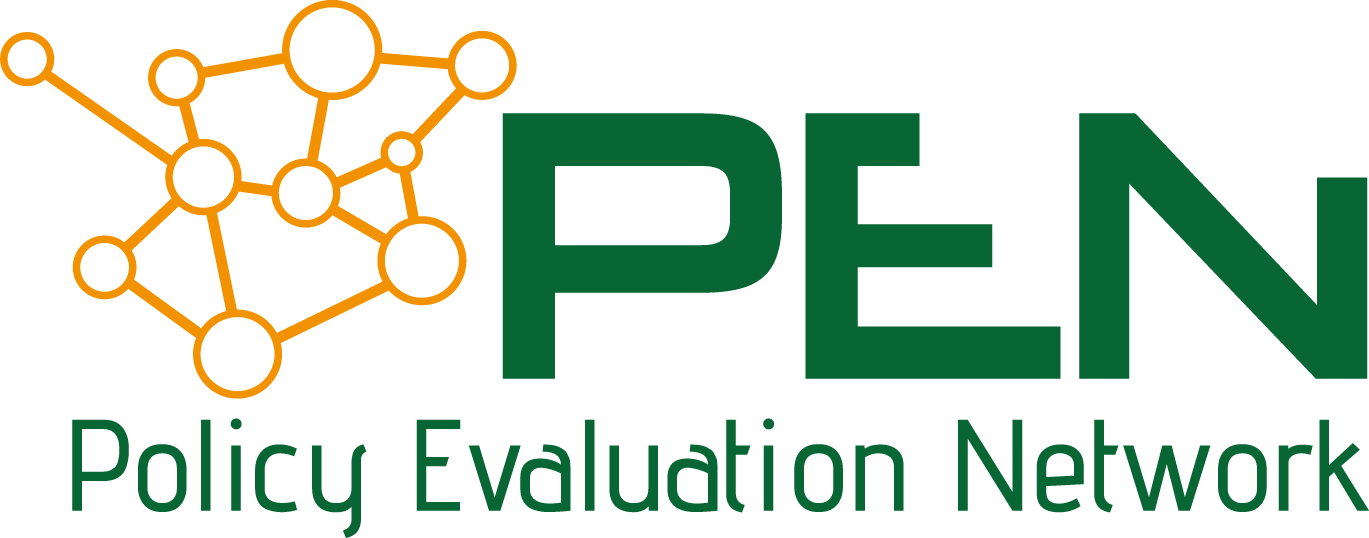Policy Evaluation Network (PEN) - Public policies addressing health-related behaviours in Europe
A Summary
PEN’s vision is to provide Europe with tools to identify, evaluate and benchmark policies designed to directly or indirectly address physical inactivity (PA), unhealthy diets and sedentary behaviour (SB) while accounting for existing health inequalities. Building on existing knowledge from the DEDIPAC Knowledge Hub and the INFORMAS network, PEN will deliver an overview of the ‘best’ public policies most likely to sustainably support more favourable health behaviours.
As part of the Joint Programming Initiative on a Healthy Diet for a Healthy Life (JPI HDHL), researchers from 28 institutes in 7 European countries and New Zealand combine their expertise to establish a multi-disciplinary research network, including representatives of World Health Organisation and INFORMAS (International Network for Food and Obesity/ Non-communicable Diseases (NCDs) Research, Monitoring and Action Support), to interact with policy makers and renowned experts in policy development, implementation and evaluation.
PEN will (1) assess public policies with potential influence on food and physical activity environments, (2) foster a pan-European monitoring and surveillance system, (3) model the impact of policies at the population level, (4) evaluate policy implementation processes and their facilitators and barriers, and (5) give recommendations for an equity and diversity perspective in policies directly or indirectly targeting dietary, PA or SB behaviours across Europe.
Key objectives
- To adapt and implement a Food Environment Policy Index (Food EPI) and develop a Physical Activity Environment Policy Index (PA EPI) in selected European countries, providing benchmarks for good policy practice to improve dietary behaviours and to enhance PA;
- To map health and health behaviour indicators needed to evaluate the outcome of policy interventions to the data already provided by existing surveillance/ monitoring systems and establish an expert platform to further develop these systems;
- To review, critically assess and refine quantitative methods for the evaluation of the impact of public policies;
- To identify key factors, barriers and facilitators of effective policy interventions and to provide tools to assess the successful implementation of policies;
- To summarise the requirements for policy interventions to reach vulnerable groups, including lower socio-economic groups and ethnic minority populations;
- To provide an in-depth assessment of policy impact and implementation in three case studies: (a) taxation of sugar/ sugar-sweetened beverages; (b) active transport policies; and (c) school policies on nutrition, physical activity and sedentary behaviour.
Major milestones
|
Milestone title |
Expected in: |
|
Best practice exemplars for key indicators are selected for benchmarking (M1.1.1.4) |
November 2019 |
|
A workshop to discuss how and why policies aimed at changing dietary, PA or SB affect different socio-economic and ethnic groups differently (M5.1) |
July 2020 |
|
Identification (a list) of key aspects of implementation processes, key barriers and facilitators for policy implementation (M4.3) |
November 2020 |
| 5-Day expert symposium on PA-EPI development (M1.2.3.1) |
September 2021 |
|
In progress symposium on research in PEN, to be held at or back-to back with an international scientific conference (M7.1.4) |
September 2021 |
|
The preconditions for the implementation of a harmonised surveillance system are identified (M2.3) |
October 2021 |
|
Final symposium of the Policy Evaluation Network (M7.1.5) |
May/June 2022 |

